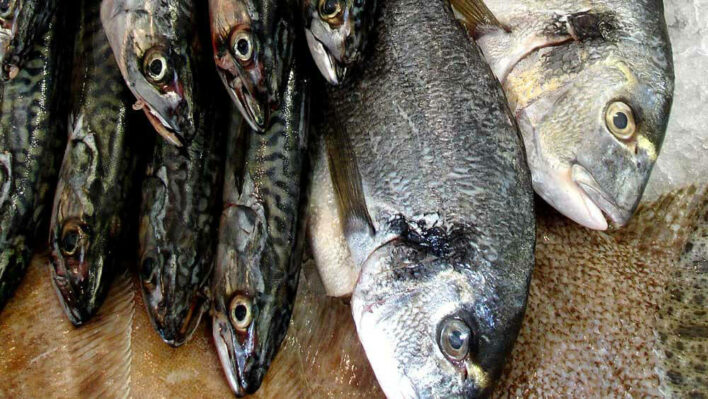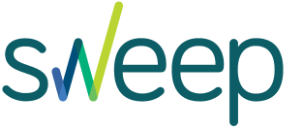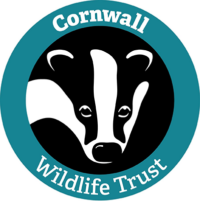Project team
Why it matters
The seafood industry is worth almost £100m to the Cornish economy with more than £30m of fish landed every year in Newlyn alone. Seafood labels (or certification) schemes can play a key role in promoting more sustainable fishing practices, by allowing consumers to choose to purchase products that are produced more sustainably. The increased demand for sustainable seafood can also translate into direct benefits for local fishermen e.g. providing access to new markets, reducing tariffs and decreasing price variability. But with labelling schemes increasing, it is important to understand when and under which conditions food labelling schemes provide benefits for its members.

Partners
The report was invaluable in helping us get the project accepted as a core piece of work within the Trust. It enabled us to go down that route of employing someone to take on a one-on-one advisory role. We’re focussing on one area for now, as a kind of trial, but hopefully will roll out to a wider area over time.
Cornwall Wildlife Trust
What we did
During 2019-20, two key data collection mechanisms were employed. Firstly, Cornish fishers were interviewed to collect data about their fishing activities, and opinions regarding the CGSG and other labelling schemes. Fishers both participating and not participating in the scheme were interviewed and the data were analysed using thematic analysis.
Impacts & benefits
- ‘Underpinned a successful funding bid for £20kto appoint a part-time Fisheries Adviser to deliver the Wilder West Project.The Wilder West Project was established to deliver the recommendations of the SWEEP report. Since October 2021 Abby Masterson has been in this post at CWT, developing collaborative relationships with fishers in the Fal and Mevagissey area of Cornwall (R3). She has also been promoting sustainable fishing practices through targeted workshops, discussions and collaborations.
- CWT have made changes to the CGSG based on the recommendations of the SWEEP work, as follows:
- An online registration form has been created as a formal framework for fishers to sign up to the scheme, helping to create a stronger association and connection with the project (R1). A further two fishermen have been signed up.
- Plans are in place to implement a stamp / sticker scheme that fishers can use to label their boxes (R2)
- CGSG is receiving additional specialist support from CWT to realise the SWEEP recommendation (R4) to target more primary buyers and food businesses to join the scheme.
- Part-time fishers in the Falmouth estuary that do not have a satisfactory direct market have been identified for discussions around improved direct sales (R5).
Océane’s consumer data was really useful, it gave us a perspective on the level of impact of the CGSG in terms of influencing behaviour. It enabled us to develop recommendations that they think in a more proactive way about the way their publication seeks to interact with the public and how further downstream it affects people’s behaviours.
Ivan Annibal, Rose Regeneration
Looking to the future
Further research is being explored to build on this work. Descriptive statistics have already been developed on the first set of data, but there is opportunity and value in conducting further analysis to inform the future development of fisheries management tools -including, but not limited to, the CGSG. The public survey was live in January 2020, before COVID-19, Brexit and the rapid increase in the cost of living. It would be beneficial therefore, to repeat the process to draw before/after comparisons and understand if, and how, seafood consumption patterns have evolved following these major changes.


